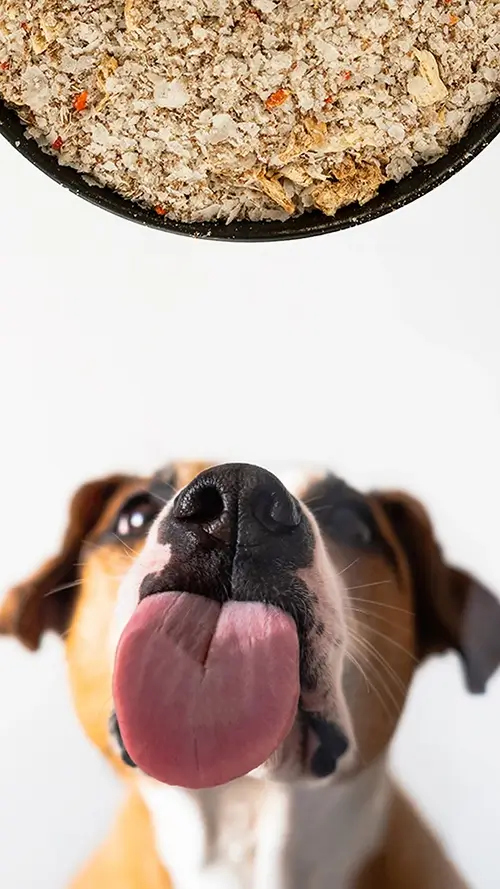Dry skin can become a serious problem for dogs and dog owners alike, and is an issue that is all too common. Properly diagnosing skin conditions in your dog can be very tricky because there could be many causes to the problem.
If your dog has problems with itchy skin, it is important to get to the root of the issue because some causes can be life-threatening or majorly discomforting to your pup. Analyzing your dog's habits, diet, and environment can be a key factor in figuring out the cause(s) of their dry skin ailment.
1. Flea Bites
An allergic reaction to flea bites is the most common cause of dry skin in dogs and is known as flea allergic dermatitis or flea bite hypersensitivity. The saliva in flea bites releases compounds and enzymes that can cause severe itching, alopecia (fur-loss), and dry skin. It is important to quickly notice and treat your dog for fleas to avoid extreme discomfort. You can diagnosis your dog by using a fine-toothed comb to oust any fleas hiding in your dog's fur. If your pup is affected by fleas, you will notice them scratching more than usual. The easiest place to notice them is on the underbelly of your dog as there tends to be less fur there. Fleas are more prevalent in warmer months and outside environments. Treating fleas can be done by using topical ointments, shampoos, and even prescription medicine.
2. Food Sensitivities
Sensitivities to food can also play a huge factor in your dog's itchy skin. Many commercial dog foods are known for including multiple meat proteins and a mix of other ingredients that can make finding the ingredient that is the culprit difficult. Dr. Jean Dodds, DVM, inventor of NutriScan, a revolutionary canine allergen test, notes that food sensitivities are also a common cause of dry and itchy skin. NutriScan measures 24 of the most common reactionary ingredients found in pet food to help determine food sensitivities using your dog's saliva. If your dog is prone to food sensitivities, you may want to consider a food sensitivity test, selecting a brand of food that is known for using limited ingredients, and try rotational feeding.
3. Environment (Pollen, dust, and weather)
Just like humans, dogs can get the same environmental allergies and dry skin from their surroundings. Pollen and dust can cause them to have respiratory issues and cause symptoms like eye swelling or itchy paws and skin. Colder weather and windy conditions can also be a predicament. Many people use indoor heaters to keep their homes warm, which can be drying to a pet's skin. To help, limit the use of indoor heaters or keep them away from the area your pet is in. You can also use an oatmeal bath to help keep your pet's skin moisturized.
4. Pet's Hygiene
Utilizing harsh shampoos or not bathing your dog for long periods of time can cause dry and itchy skin. Just like dog foods, some shampoos can be doing more harm than good. Make sure to read the label on your dog's shampoo and look for one that is free of any harsh chemicals. Not bathing your dog for long periods can also create an itchy situation. Grass, dirt, and other environmental factors can be left on your dog's paws or fur after playing outside. You can occasionally clean your dog's paws with a warm damp cloth to get rid of any grass or dirt from playing outside. Bathing your dog should be limited to about once a month as over-bathing can also cause dry skin.
If your dog's itchy and dry skin is causing them discomfort that won't subside, please visit your pet's veterinarian for further instruction and diagnosis. This information is meant to be informative and does not substitute for professional medical advice.





















